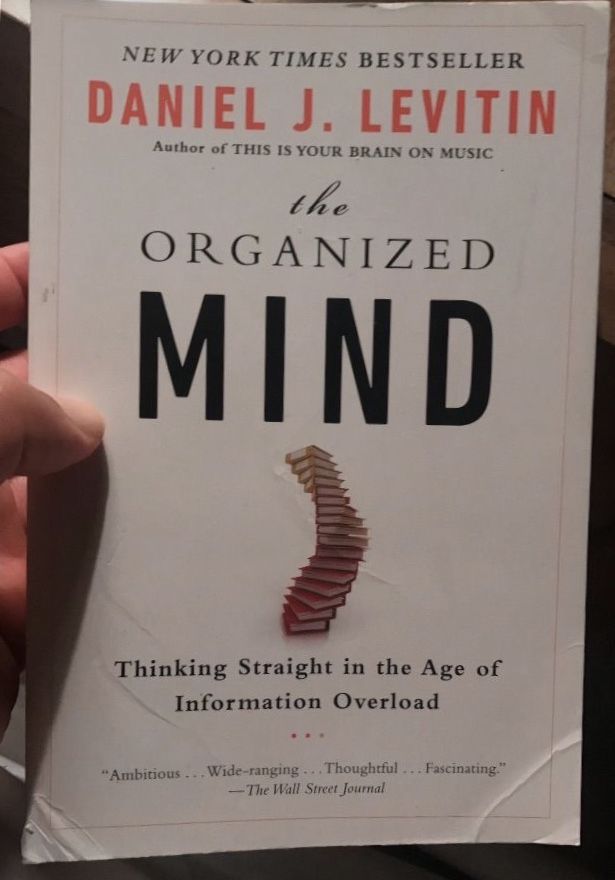In The Organized Mind: Thinking Straight in the Age of Information Overload, Daniel J. Levitin provides several strategies for managing and organizing information to reduce mental clutter. Here are key strategies outlined in the book:
1. Cognitive Offloading: Levitin emphasizes the importance of externalizing information to free up cognitive resources. This includes using tools like to-do lists, calendars, and digital reminders to keep track of tasks and deadlines, rather than relying solely on memory.
2. Structured Organization: The book advocates for a structured approach to organizing information. This involves creating systems and categories for storing and retrieving data. For example, organizing files into specific folders on your computer and using labels for physical documents can help reduce time spent searching for information.
3. Information Filtering: Levitin recommends filtering information to focus on what is most relevant. This includes unsubscribing from unnecessary emails, limiting social media consumption, and being selective about the sources of information you engage with.
4. Mindfulness and Focus: The book suggests practicing mindfulness techniques to improve focus and attention. By being present and fully engaged in the task at hand, you can reduce the cognitive load and enhance your ability to process and retain information.
5. Prioritization and Scheduling: Effective prioritization of tasks and scheduling is another key strategy. Levitin advises breaking down large tasks into smaller, manageable steps and scheduling specific times to work on them. This approach helps in reducing overwhelm and improving productivity.
6. Creating Routines: Establishing routines can help automate repetitive tasks and reduce decision fatigue. By creating daily or weekly routines for certain activities, you minimize the need to constantly make decisions about how to handle them.
7. Cognitive Load Management: Levitin discusses the concept of cognitive load and how managing it can improve efficiency. Techniques such as chunking information into smaller groups and using visual aids can help in processing complex information more effectively.
8. Use of Technology: While technology can contribute to information overload, Levitin also highlights its potential to aid in organization. Tools like productivity apps, digital note-taking software, and cloud storage can help in managing and organizing information efficiently.
9. Regular Review and Maintenance: Periodically reviewing and updating your organizational systems is important for maintaining their effectiveness. Levitin suggests setting aside time to reassess and adjust your systems as needed.
10. Mindful Consumption: Finally, Levitin advocates for being mindful about the information you consume. This involves setting boundaries for information intake and being intentional about where you spend your attention and energy.
These strategies aim to help individuals manage information more effectively, reduce mental clutter, and improve overall productivity and well-being.




